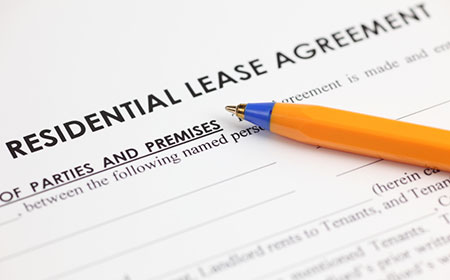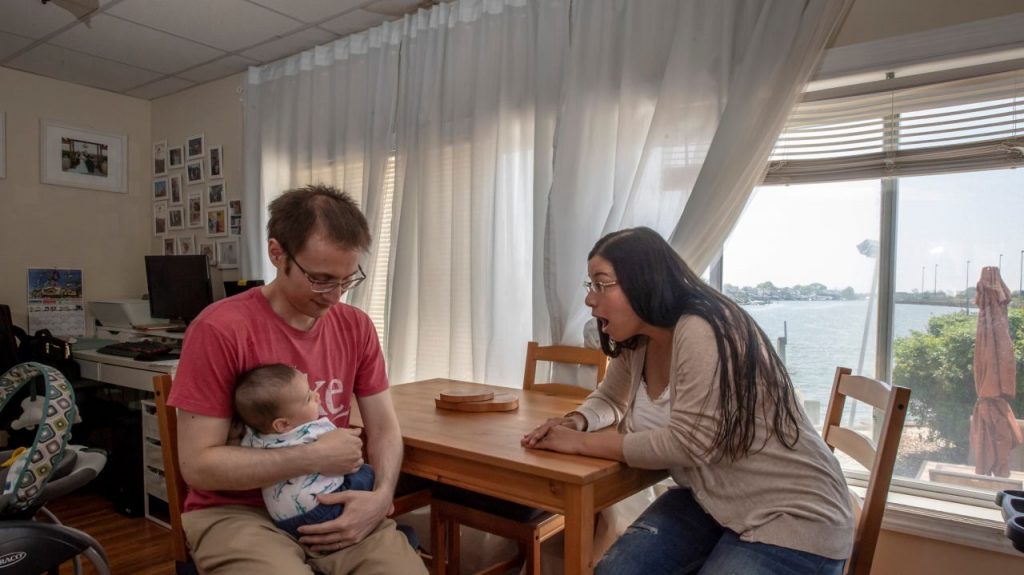When you have a lot of different people all living together in the same place, it’s hard to expect everyone to get along perfectly fine.
For the most part, all of your tenants have different lifestyles and routines, which could may end up causing between them. Consider two separate sets of tenants in different units; you may have a family with a newborn baby living next to someone who’s in a rock band and practices constantly. It’s easy to see how a problem may arise from a situation like this, and why your tenants may end up having some issues with each other. What can you do to fix problems between tenants?
If your tenants come to you with any complaints about other tenants, your first piece of advice to them should be to talk to whoever they are having the issue with. If your tenants don’t tell one another that when they have a problem with something, there’s no way of knowing the problem even exists. If your tenants have already discussed the issue and it has continued, you may want to suggest that they try working with a mediator. The mediator can step in and help them resolve the problem in an organized and fair manner, and can help you avoid getting caught up in all of it. 



 tantly, allowing you to have lots of options and choose what’s best for you. We all know the classic payment method: checks. Checks are easy because mobile banking now allows you to cash them instantly, but they still require your tenant to bring them to you. Online payments are great because they’re pretty quick for both you, and your tenant. An online system works well when you have a lot of tenants. Another way that people transfer money that’s becoming quite popular is via mobile apps. Mobile apps like Venmo and Square Cash have made it possible for people to transfer money to each other almost instantly. Though this is still fairly new, it may be something you want to consider.
tantly, allowing you to have lots of options and choose what’s best for you. We all know the classic payment method: checks. Checks are easy because mobile banking now allows you to cash them instantly, but they still require your tenant to bring them to you. Online payments are great because they’re pretty quick for both you, and your tenant. An online system works well when you have a lot of tenants. Another way that people transfer money that’s becoming quite popular is via mobile apps. Mobile apps like Venmo and Square Cash have made it possible for people to transfer money to each other almost instantly. Though this is still fairly new, it may be something you want to consider.

 move out.
move out.
